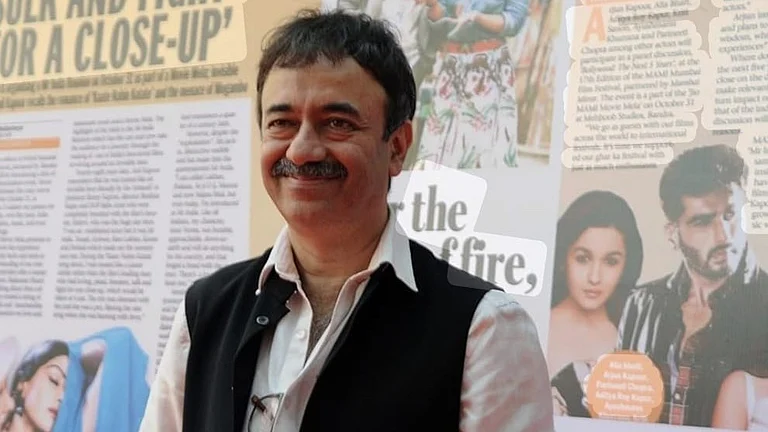The Taliban takeover in Afghanistan has “heartened and emboldened” extremists and could lead to the return of major “al-Qaida-style” attack plots against the West, the head of Britain's domestic intelligence agency said on Friday.
MI5 Director General Ken McCallum said the UK could face “more risk” because of the withdrawal of NATO troops and the overthrow of the internationally backed Afghan government.
“Terrorist threats tend not to change overnight in the sense of directed plotting or training camps or infrastructure — the sorts of things that al Qaida enjoyed in Afghanistan at the time of 9/11,” McCallum told the BBC in a rare interview.
“But what does happen overnight, even though those directed plots and centrally organized bits of terrorism take a bit longer to rebuild ... Overnight, you can have a psychological boost, a morale boost to extremists already here, or in other countries.
“So we need to be vigilant both for the increase in inspired terrorism which has become a real trend for us to deal with over the last five to 10 years, alongside the potential regrowth of al-Qaida-style directed plots.”
Britain has seen several violent attacks by Islamist-inspired extremists in the past two decades. The deadliest was on July 7, 2005, when four suicide bombers killed 52 commuters on London subway trains and a bus.
More recent knife and vehicle attacks have largely been the work of individuals inspired by militants such as the Islamic State group, but not directed by them.
McCallum said UK authorities had disrupted 31 attack plots in the past four years, by both Islamic and far-right extremists. He said it was hard to say whether Britain was safer or less safe, 20 years after the September 11 attacks in the United States.
“The number of plots that we disrupt nowadays are actually higher than the number of plots that were coming at us after 9/11, but on average they are smaller plots of lower sophistication,” he said.

























